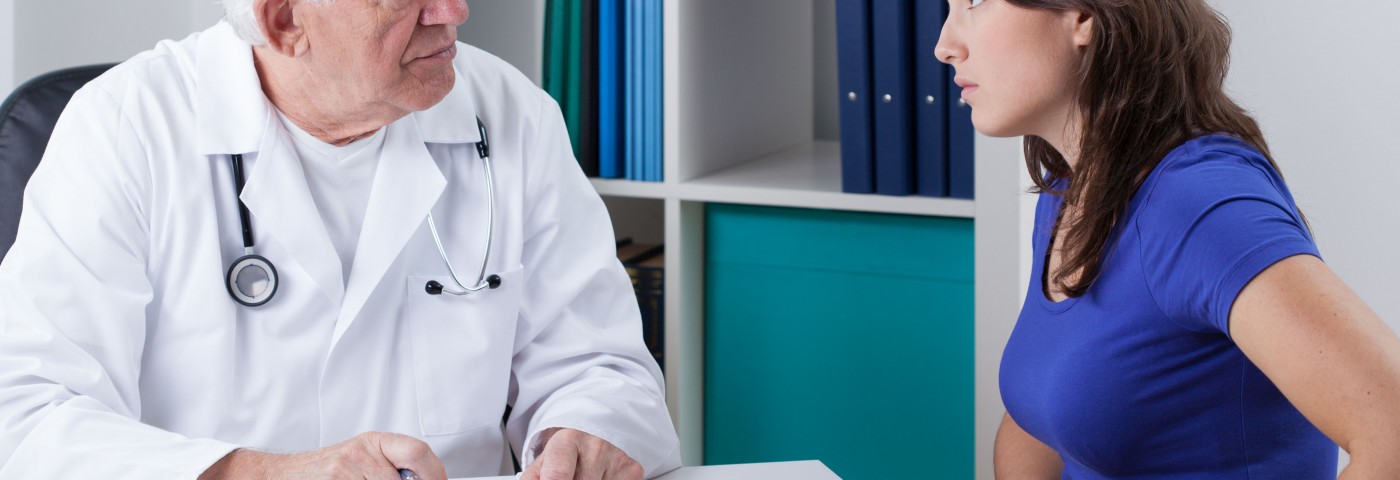A recent editorial article published in The BMJ journal by Professor Tim Spector from King’s College London in the United Kingdom and Professor Rob Knight from the University of California, San Diego, discussed fecal transplantation as a therapeutic strategy and how it seems promising but needs careful monitoring and assessment. The article is entitled “Faecal transplants.”
Fecal transplantation is becoming a popular therapy for the treatment of severe infections, such as with the bacterium Clostridium difficile. Increasing evidence reports a key role for gut microbiota in the immune system and overall health, where an imbalance has been associated with several chronic diseases, infections and allergies. The concept of fecal transplantation is based on the transference of the microbiota from a healthy donor (usually liquidized stool or frozen microbes) into the bowel of a patient in order to re-colonize his/her gut with a healthy microbiota.
Evidence shows that fecal transplants have an 85% success rate as a therapeutic option for patients infected with C. difficile while antibiotic treatment has a 20% success rate, and a recent clinical trial was halted early after fecal transplants showed a 90% success rate compared with 26% percent for antibiotics.
According to the authors, fecal transplantation has been proven to be a relatively safe procedure, even in elderly patients or those with a deficient immune system, with only few adverse effects being reported. Apart from C. difficile infections, fecal transplantations are also being tested for other medical conditions, including obesity, diabetes, and inflammatory bowel diseases (IBD) like colitis.
In the United States, over 500 centers perform fecal transplantations, in the majority with material supplied from a single laboratory in Boston. In Europe and Australia fecal transplantation is still under revision, while in the United Kingdom it has been temporarily classified as a medicinal product, although the treatment is only offered in seven centers.
The authors are, however, cautious and, according to a news release, stated that, “fecal transplantation, although an exciting new tool, should be carefully monitored and refined to include most of the key beneficial microbes.” The authors believe that fecal transplantation is a subject that requires well-designed, long-term trials and careful monitoring so that patients can be properly treated.
“We urgently need more expertise and centres, proper screening of donors, and good long term trials and monitoring procedures in order to provide sensible advice,” concluded the authors. “Otherwise, patients with many chronic complaints may lose patience and take matters into their own hands (using DIY methods) with unpredictable consequences.”

